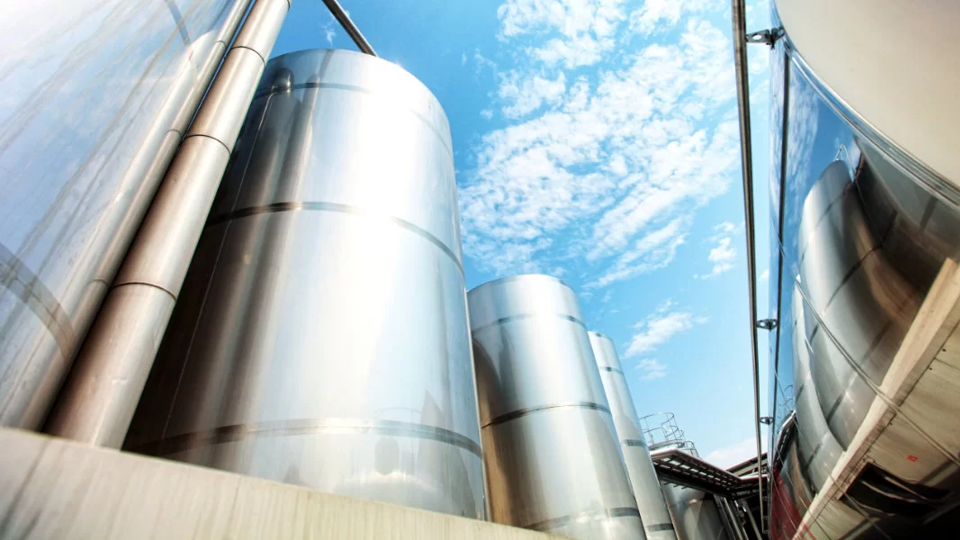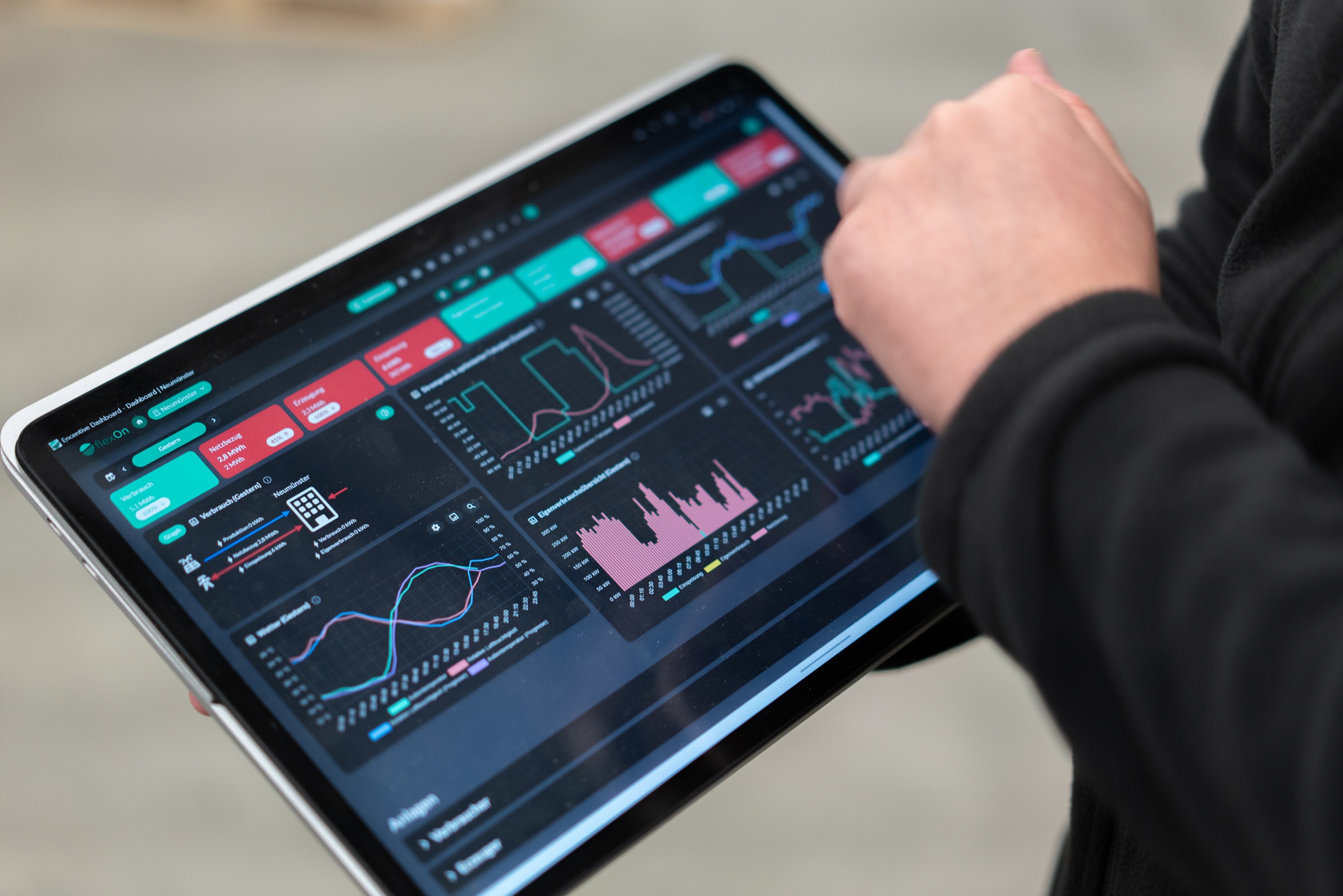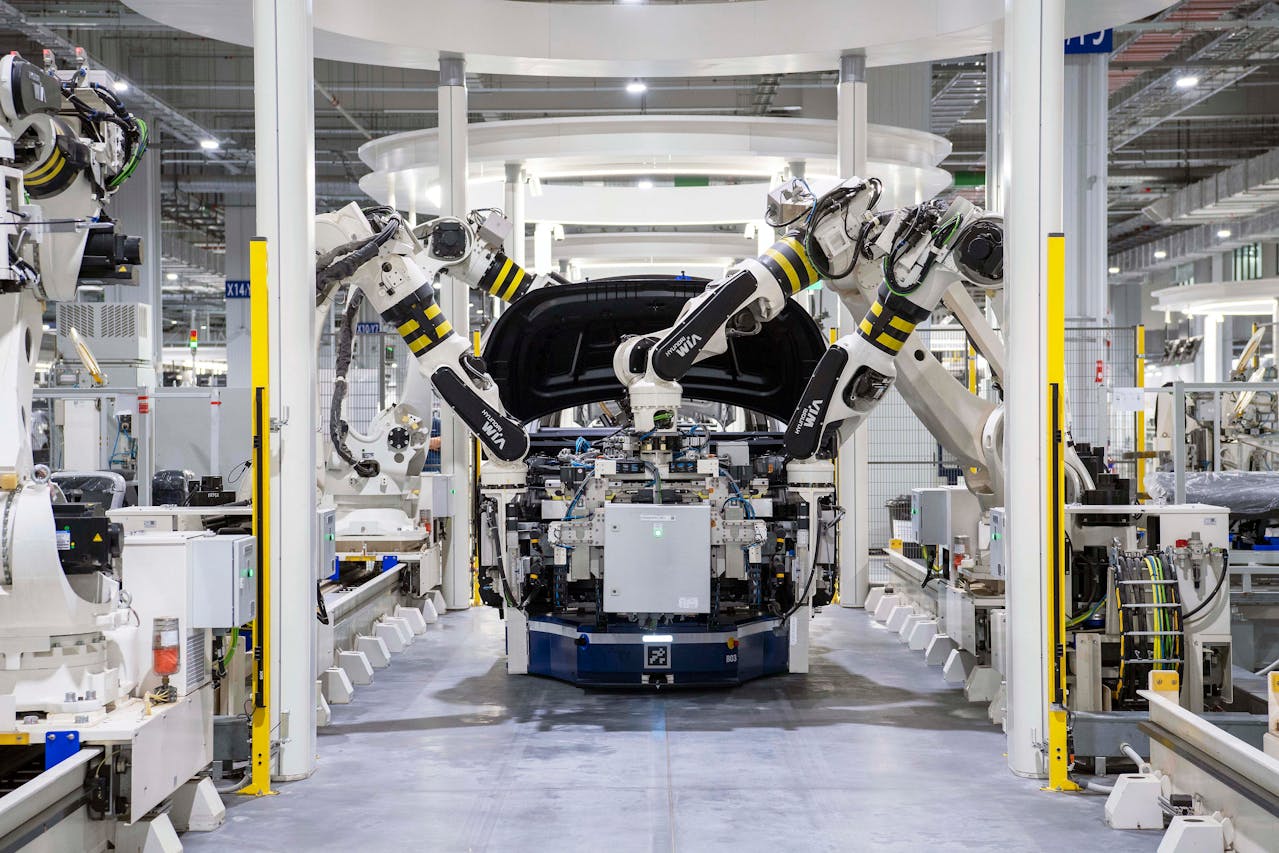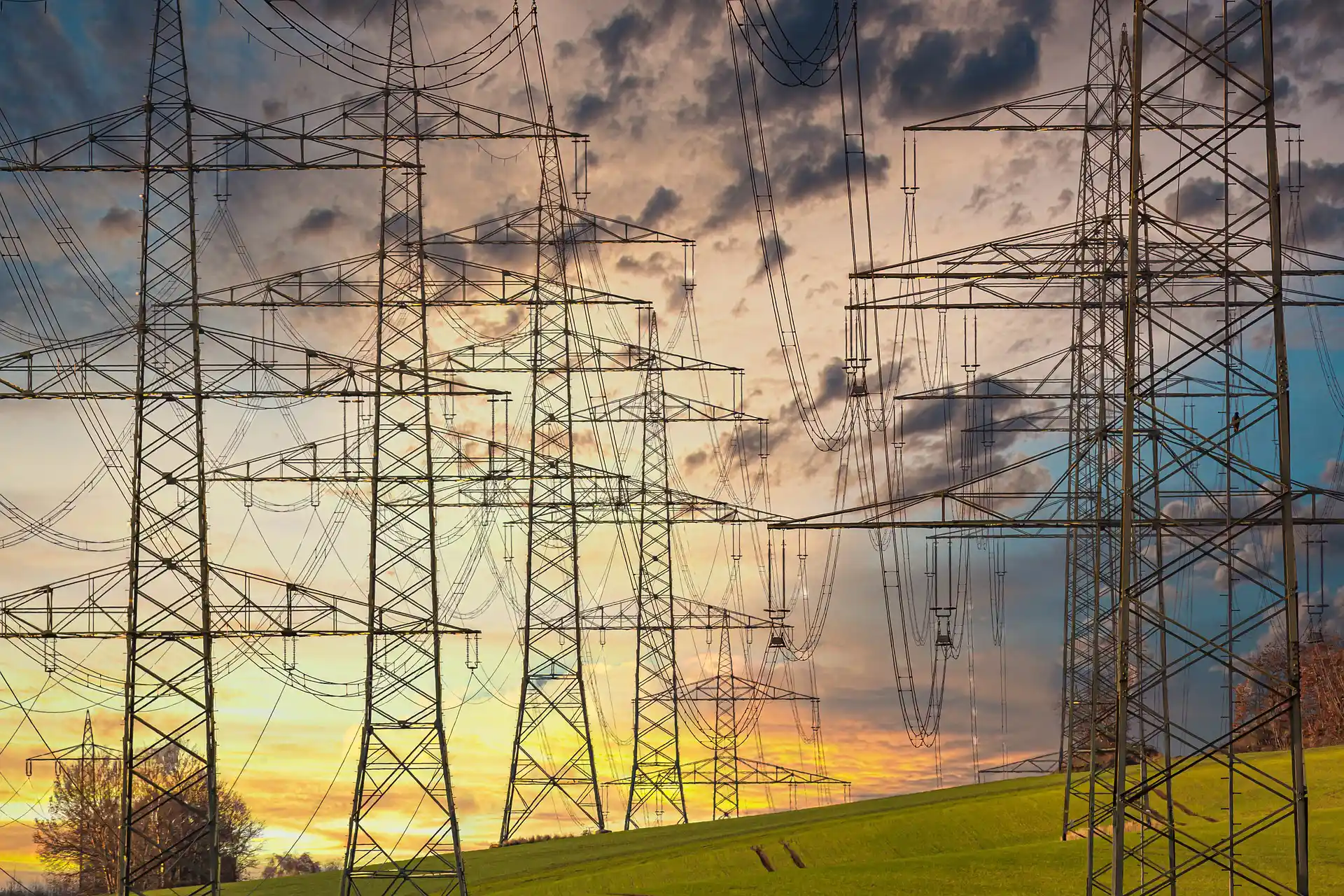Energy knowledge from A to Z
Knowledge that helps: In our glossary, you will find the basics and technical terms relating to energy transition and flexibilization.
Go deeper with our blog articles

Strombeschaffung und Energiesteuerung in Echtzeit
FlexPower und encentive ermöglichen Unternehmen erstmals ihren Stromverbrauch automatisiert auf den Intraday-Strommarkt ...


Strombeschaffung und Energiesteuerung in Echtzeit
FlexPower und encentive ermöglichen Unternehmen erstmals ihren Stromverbrauch automatisiert auf den Intraday-Strommarkt ...


Strombeschaffung und Energiesteuerung in Echtzeit
FlexPower und encentive ermöglichen Unternehmen erstmals ihren Stromverbrauch automatisiert auf den Intraday-Strommarkt ...


Strombeschaffung und Energiesteuerung in Echtzeit
FlexPower und encentive ermöglichen Unternehmen erstmals ihren Stromverbrauch automatisiert auf den Intraday-Strommarkt ...




How the Slowed Expansion of Renewable Energies Drives Electricity Prices Up
If the expansion of renewable energies slows down, electricity prices in Germany could rise by up to 25% by 2045. A scenario analysis shows how this would weaken competitiveness and the country’s attractiveness as an industrial location.


Optimizing clectricity costs: How companies reduce expenses with new tariff models
Rising energy prices and increasing market volatility are making electricity cost optimization a key economic lever for many companies. Learn how flexible tariffs, dynamic grid fees, and targeted load management can help reduce energy costs sustainably.


Record figure: 280 hours of negative power prices
Rising price fluctuations are a reality and will continue to increase. For industrial companies, they open up opportunities: those who react flexibly reduce costs and gain a competitive advantage.


How to recognize a good battery-simulation?
More and more companies are planning to invest in battery storage systems. Whether to cut peak loads, optimize self-consumption or as part of a multi-use approach: Expectations are high. But storage is bought too often before it is clear what it can really do in a specific application. A well-founded battery simulation can prevent just that.


Coalition agreement 2025: What is in store for industry now
The 2025 coalition agreement brings new drive to energy policy. The new federal government (CDU, CSU, SPD) is committed to climate neutrality by 2045 — with specific goals for more renewable energy, digitalization and, above all, more flexibility in the energy system. For industrial companies, this means that energy optimization is becoming a strategic success factor.


Storing electricity without batteries: Smart alternatives for industry
In a changing energy system, the ability to store and control energy is increasingly becoming a competitive advantage - especially for industrial companies. But this does not always require classic battery storage systems. Companies can store electricity without batteries - by intelligently utilizing existing systems and processes.


Why it pays to flexibilize your company's electricity consumption
Making electricity consumption more flexible is becoming increasingly important in industry. Companies are faced with the challenge of rising electricity prices, fluctuating energy generation and network utilization. Flexible electricity consumption can help to reduce costs and operate more sustainably. But what does that mean in practice?


The development of electricity prices on the stock exchange until 2030
How will electricity prices on the exchange develop in the future? A recent study shows how renewable energy, rising gas and CO₂ prices and the nuclear phase-out are shaping the market. In this article, you can read about the challenges and opportunities this presents to industry.


The most important facts about energy efficiency for companies
The importance of energy efficiency for companies is constantly growing. Both environmental responsibility and cost savings have a decisive impact on their competitiveness. In this article, we take a closer look at the most important facts about energy efficiency and show how companies can improve it.


Saving energy in companies made easy
Saving energy is becoming increasingly important for companies — not only for ecological reasons, but also for economic reasons. In this blog article, we will show you why it is worthwhile to reduce energy consumption, what measures you can take and how an energy management system can help.


BAFA module 3 subsidy: Everything you need to know
BAFA module 3 offers companies the attractive opportunity to receive financial support for energy-efficient measures. In this article, we answer the most important questions about BAFA funding so that you can make the most of funding opportunities.


Power grid in Oranienburg overloaded: A proposed solution
Last week, various media reported on the electricity shortage in Oranienburg, the causes and the reaction of energy suppliers. Since such cases could occur more frequently in the future, we will look at possible solutions in the following article.


Why companies rely on energy management
There are many reasons why companies are looking for innovative energy management. Based on the experiences and feedback from our customers, we have summarized the three biggest challenges.


The new flexible grid charges for industrial customers
The German Federal Grid Agency is planning to adjust the regulations for individual grid charges for industrial customers. As a result of the energy transition, the framework conditions of the energy system are currently changing. The new regulations, which were set out in the recently published key point paper on Section 19 (2), should take this into account.


The winners and losers of negative electricity prices
The recently adopted solar package in Germany has brought negative electricity prices back into the public eye. We explain how they arise, what problems are associated with them and how companies benefit from negative electricity prices.


Effects of the technical error on the spot market
The day before last Wednesday, there were horrendous electricity prices on the electricity exchange due to a technical error. This was expensive for some industrial companies — our customers were protected by intelligent energy management.

Energy updates
Get news about the energy market, our events and valuable tips on energy management once a month.
Subscribe to the newsletter now
Bitte bestätigen Sie Ihre E-Mail über den Button in der Bestätigungsmail.

